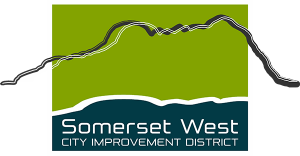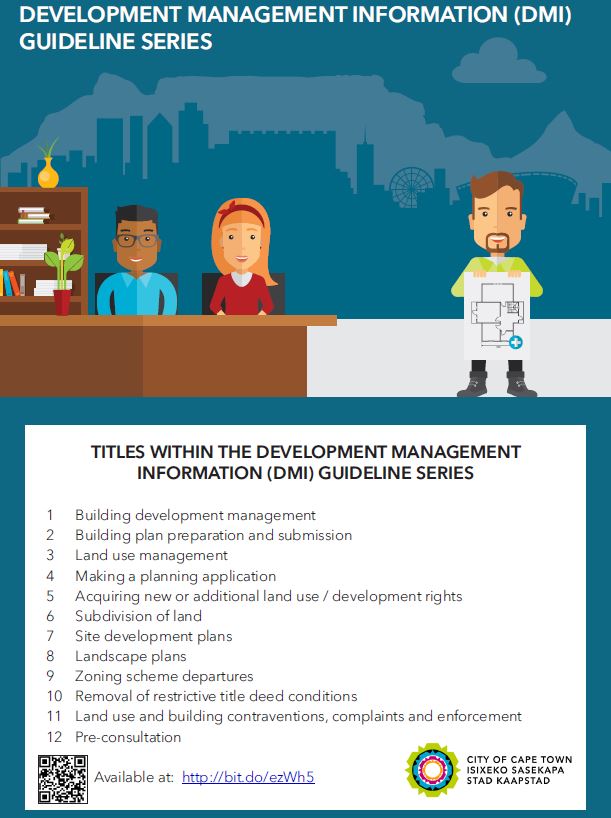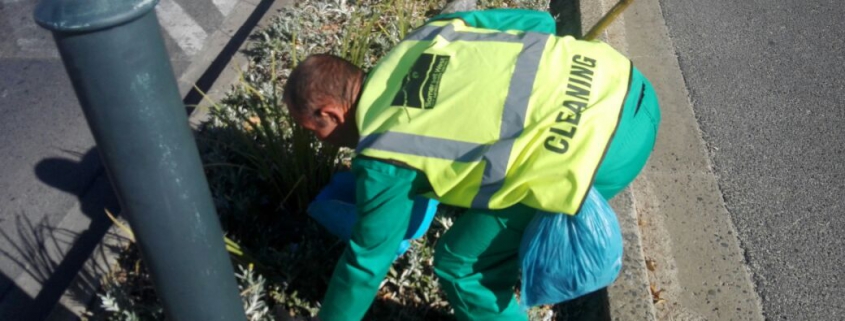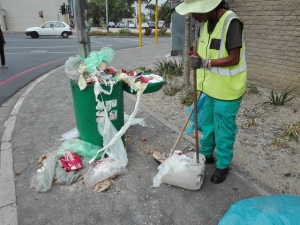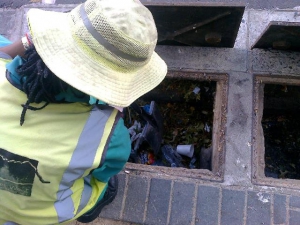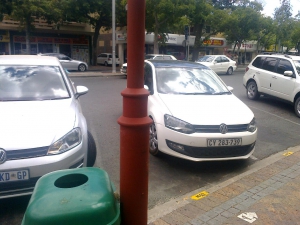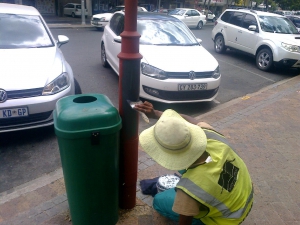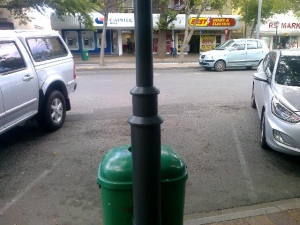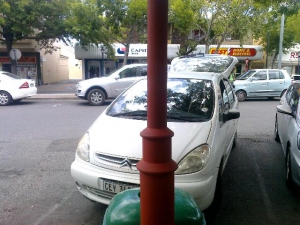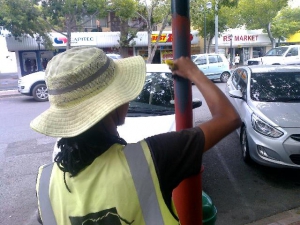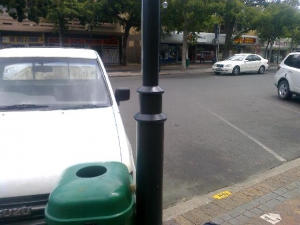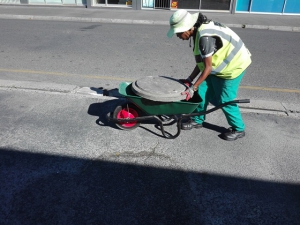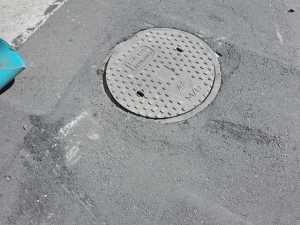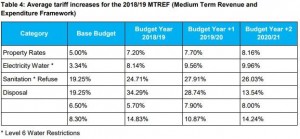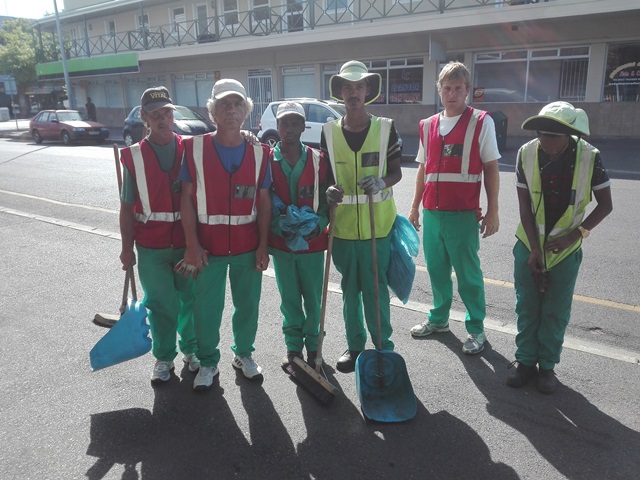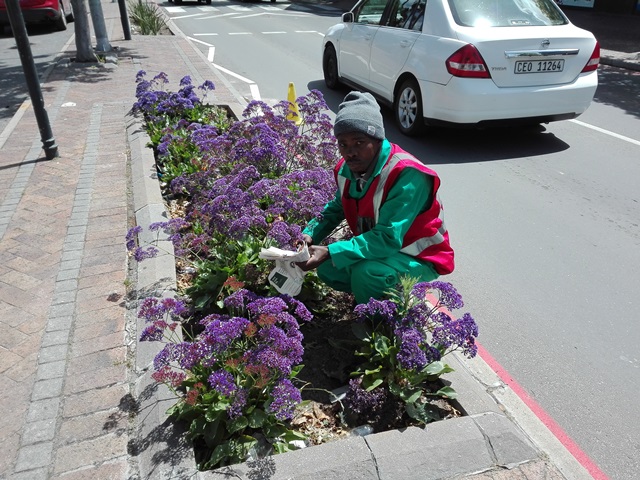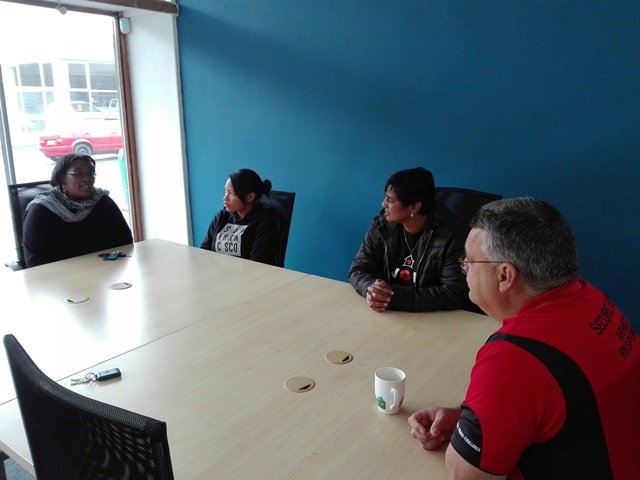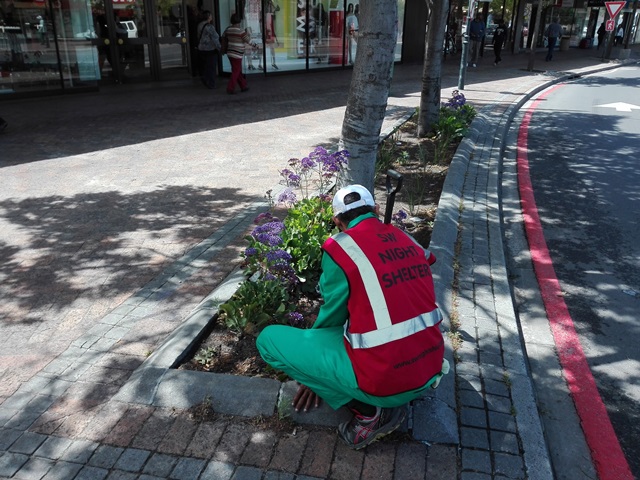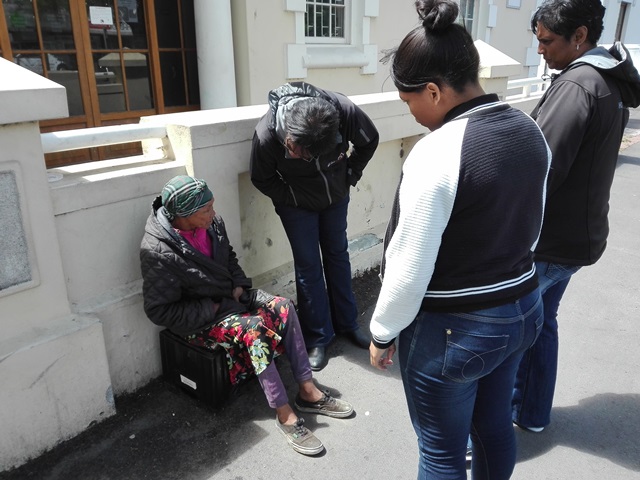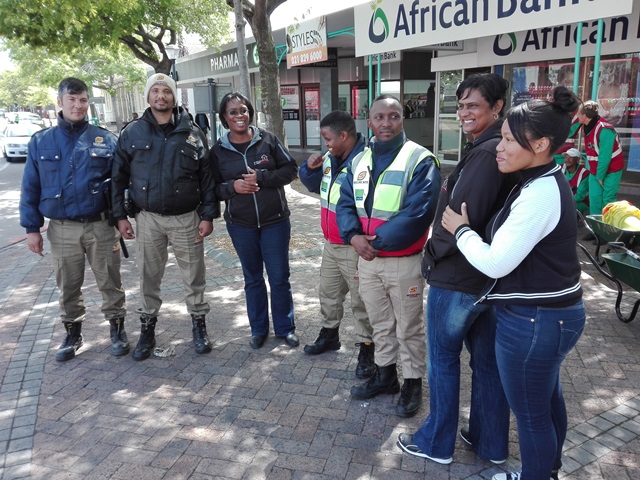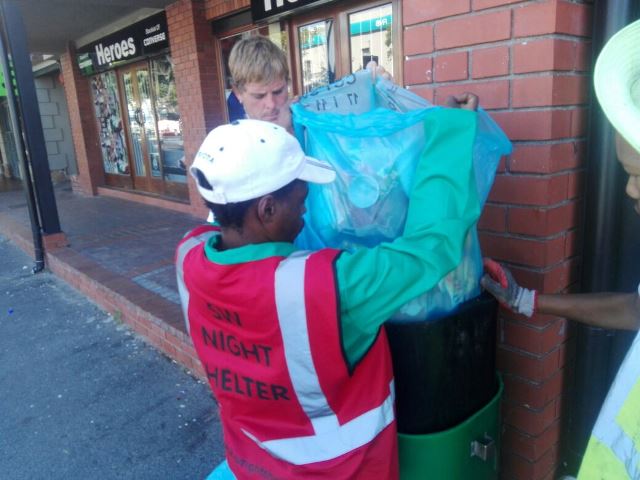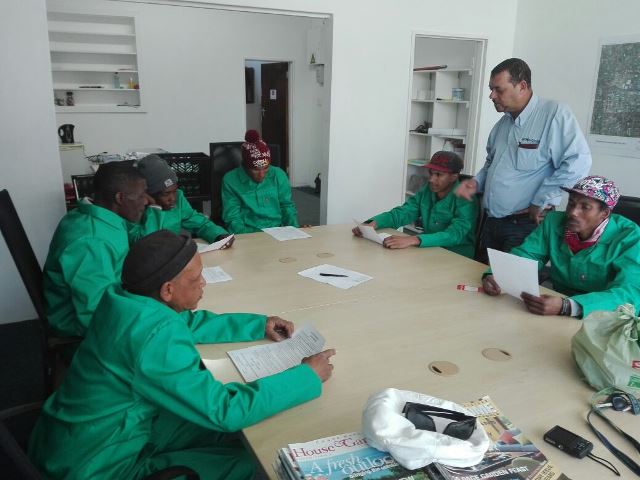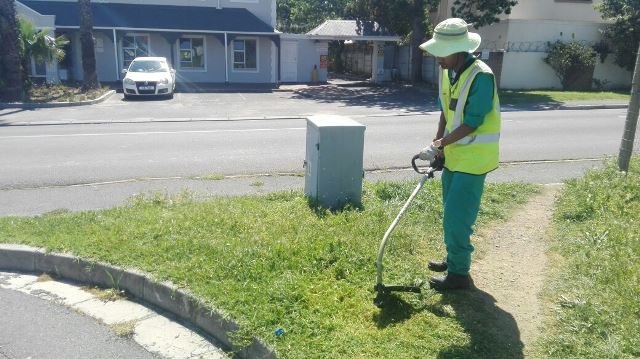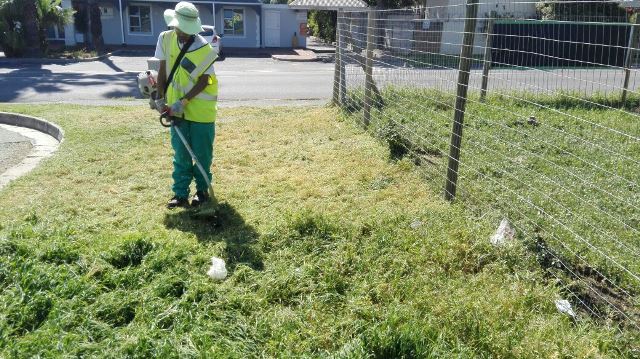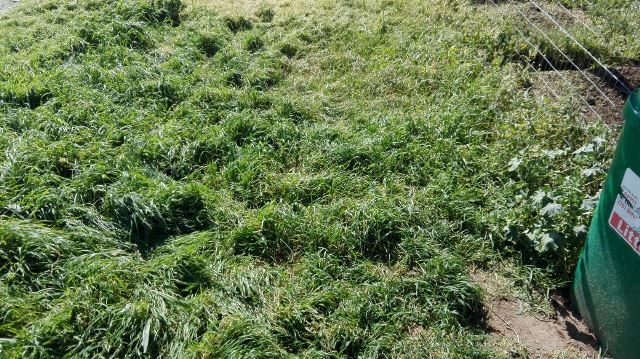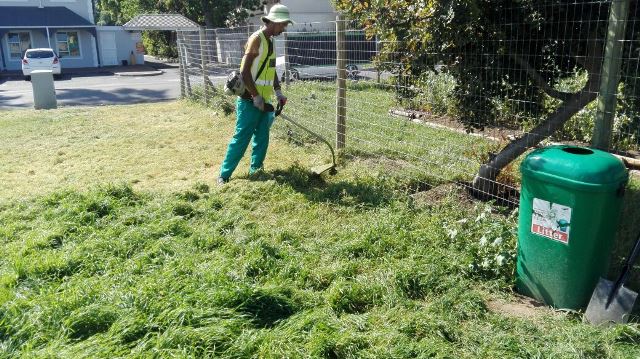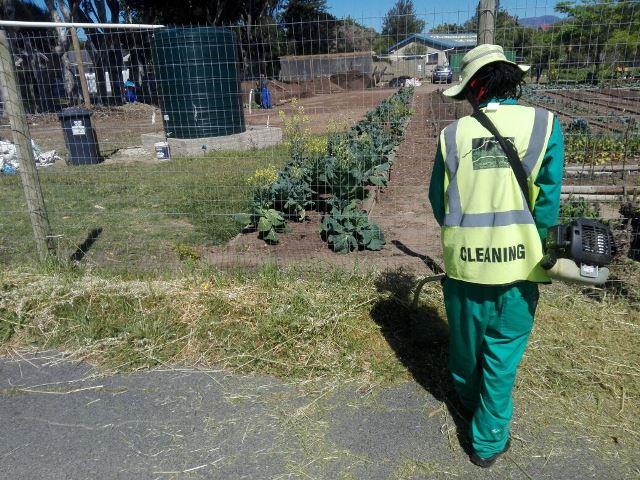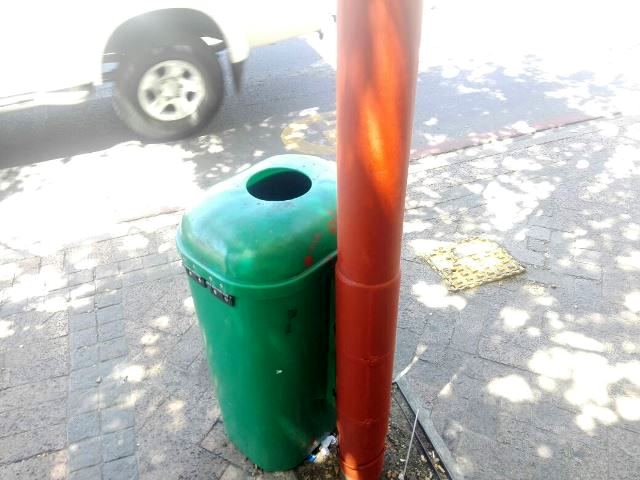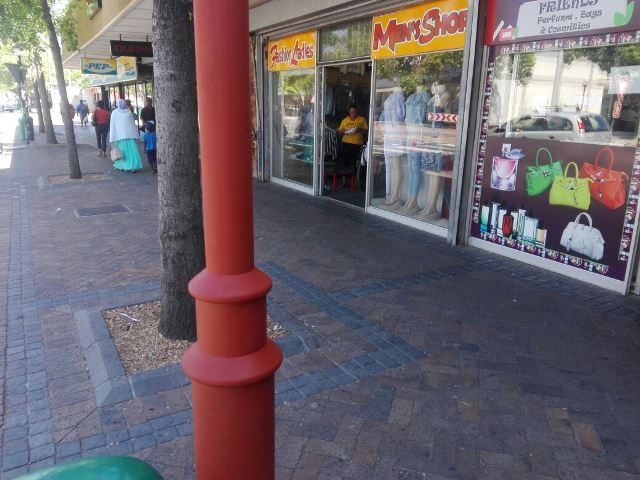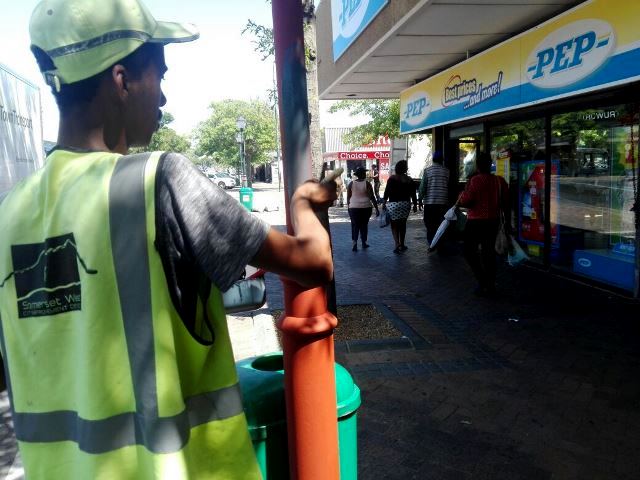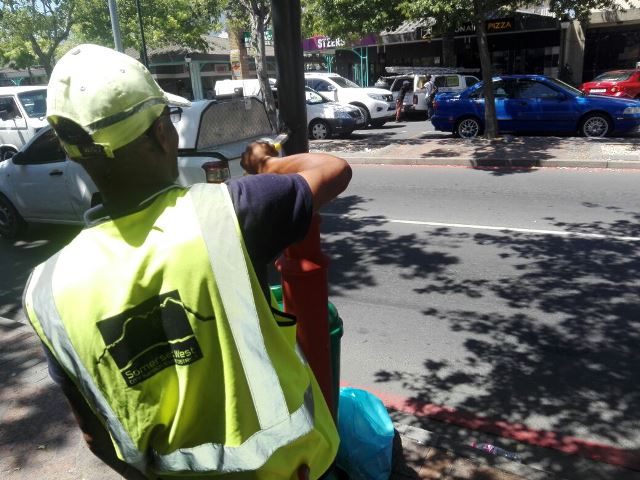Strict regulations in place
Those on the road will be required to produce a permit and proof of identification to law enforcement officers
27 March 2020 – Cape Argus – BALDWIN NDABA AND MWANGI GITHAHU
ESSENTIAL services workers who will be allowed to report for work during the 21-day nationwide lockdown will do so under strict regulations.
Yesterday police emphasised that all people classified as essential workers would have to adhere to the regulations gazetted by Cooperative Governance and Traditional Affairs Minister Nkosazana Dlamini Zuma on Wednesday.
Each worker will be expected to carry a permit which they will have to present to law enforcement agencies during the execution of the lockdown.
According to the permit, under Regulation 118(3), “the person to whom this permit is issued must at all times present a form of identification to be presented together with this permit. If no identification is presented, the person to whom the permit is issued will have to return to his or her place of residence during the lockdown”.
Transport Minister Fikile Mbalula also announced that minibus taxis, metered taxis and e-hailing services would be limited to the public during the lockdown.
He said only staff rendering essential services and those out for essential purposes, such as buying groceries or going to work, would be allowed to leave home.
Taxis will only be allowed to transport people for these essential trips from 5am to 9am and 4pm to 8pm.
A vehicle licensed to carry up to four people will only be permitted to load one passenger. A vehicle licensed to carry up to eight passengers will only be permitted to load a maximum of three people.
Buses will also have limited operations – only transporting essential services workers and people making necessary trips.
Police Minister Bheki Cele also issued a warning to those who might want to transgress the regulations, saying law enforcement officers would act against them.
Gatherings would be banned, except for funerals, which could be attended by only 50 people or less.
Movement between provinces, metros and district areas would also be banned and roadblocks on the community, provincial and national roads would be conducted, to enforce this with health screenings to ensure movement was restricted.
With the SANDF possibly aiding the SAPS to police the lockdown, military sociologist Professor Lindy Heinecken of Stellenbosch University said sending in the army once again placed the military in a situation it might not be adequately prepared for.
“With just 10 companies (roughly 1400 soldiers), which implies less than 400 boots on the ground at any one time to allow for rotation, one wonders how much support they can render,” said Heinecken.
Meanwhile, Premier Alan Winde said staying home was the only way to save lives.
“I know what we are asking for is difficult, and it is scary, but we have overcome many, many challenges as a country. We can do it again, together. If we all do this, we will be able to go back to our lives again and start to rebuild our economy.
“If we do not, and the virus continues to spread, many people will die and the lockdown may be extended. So now is the time. We can do this together. Let us be strong now for each other,” said Winde.
He underlined that the lockdown meant: “You will be required to stay in your home unless it is to go and buy groceries, go to the pharmacy or to seek medical attention.”
He said that as of 9am yesterday morning, “the province had confirmed 181 positive cases of Covid-19. Three residents are currently in hospital as a result of this virus.”
Winde said they had put measures in place to assist victims of violence.
“Rendering services to victims of crime and violence is an essential service. The Western Cape Department of Social Development and civil society organisations will continue to provide these services through provision of shelters and psycho-social support.”
Winde said four shelters had been identified as Stage 1 shelters to admit at-risk victims of crime and violence.
“Only referrals from a social worker with safety risk assessment and SAPS referral will be accepted.
“After the initial 14 days, clients will be transferred from a Stage 1 shelter to a Stage 2 shelter with the assistance of the SAPS,” said Winde.
He said the Department of Health would assist with medical screening and the medical needs of clients.
